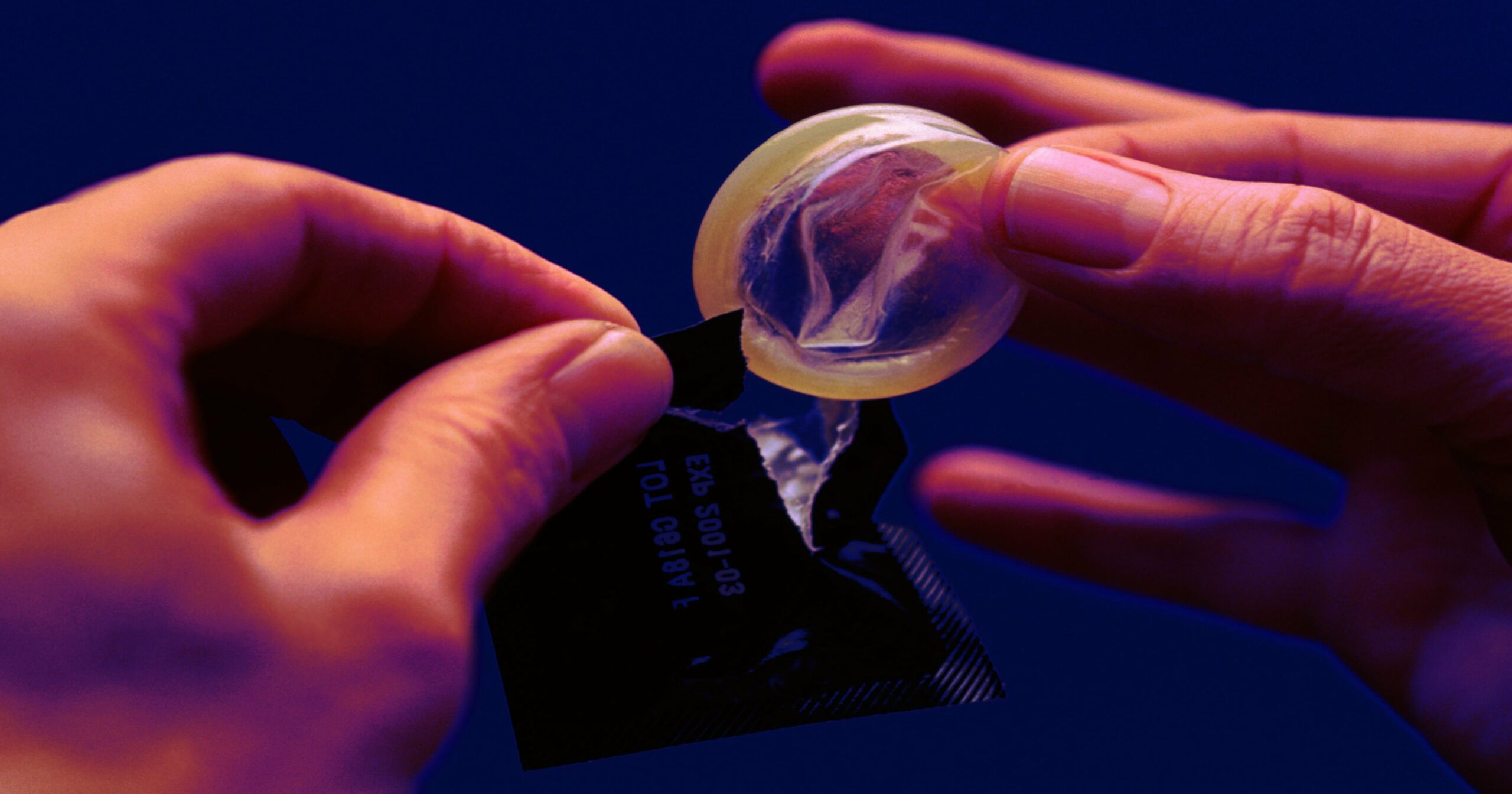If you’re vegan or allergic to dairy, you’re likely already well versed in the world of animal-free products. From vegan makeup to vegan skin-care products, there are plenty of options available that align with your values or dietary needs. However, one area that often goes unnoticed is the realm of vegan condoms.
Surprisingly, many people don’t think to ask themselves if condoms are vegan. Yet latex condoms are sometimes processed with nonvegan materials like casein, a protein derived from milk that helps keep the condom thin and smooth. And lambskin condoms pose an even greater concern, as they are made from lamb intestinal membrane.
For all of you looking for protection that adheres to your ethical preferences, let’s dive deeper into what to know about vegan condoms.
What Are Vegan Condoms?
Vegan condoms are condoms made free of any animal products, says clinical sexologist Ness Cooper, resident expert for sex-toy brand
As a bonus: most vegan brands are free of nitrosamines and chemical compounds found to be carcinogenic, which can form during the production of latex. In this case, vegan condoms may be safer for your vagina and body, in general, than regular condoms, says Tristan Bickman, a board-certified ob-gyn affiliated with St. John’s Health Center and UCLA Medical Center.
When you begin your search for vegan condoms, just note that while most condoms are made from natural latex, which is vegan, this doesn’t automatically mean it’s a vegan product. If you’re not sure, it’s always best to do your due diligence by researching the brand and manufacturer, while also checking out the condom’s ingredients.
Are Vegan Condoms Effective?
Yes, vegan condoms are just as effective as nonvegan condoms, says Cooper. Vegan condoms have to go through the same vigorous testing nonvegan condoms have to go through, she confirms.
And vegan condoms, just like nonvegan condoms, have a 2 percent failure rate if used perfectly, says Dr. Bickman. In other words, vegan condoms are 98 percent effective in pregnancy prevention, she explains. Just note that this is only the case if the condoms are used perfectly every time. In real-life use, the failure rate of male condoms as a contraceptive is actually closer to 13 percent, the CDC reports. (Hey, condoms break!)
Interestingly enough, if you use lambskin condoms, these may protect you less than vegan condoms. Dr. Bickman says that lambskin condoms are not as effective in preventing transmission of STIs as other condoms, mainly because of the “porous material” they’re made with. For that reason, they’re not recommended by the CDC either because they can help prevent pregnancy but may not effectively provide protection against STIs, including HIV. Instead, the CDC recommends using latex or polyurethane condoms.
Vegan Condom Brands
Some of your favorite condom brands may be vegan, and you might not know it. For example, LOLA, an organic period and sexual health brand, sells vegan condoms made with natural rubber latex and 100 percent locally sourced lubricant. When Alex Friedman and cofounder Jordana Kier were developing their products, they wanted to design with “women’s needs and bodies in mind,” Alex tells POPSUGAR. Their condoms are not only vegan but free of parabens and synthetic colorants and flavors as well.
Dr. Bickman recommended vegan condom brands Glyde and Sustain. Ahead, check out these brands and others on the market. And as an added bonus: we’ve included one brand that’s also latex-free. All are manufactured according to FDA or other global government health agency standards. Check out PETA’s database for more animal-friendly companies.
– Additional reporting by Taylor Andrews




